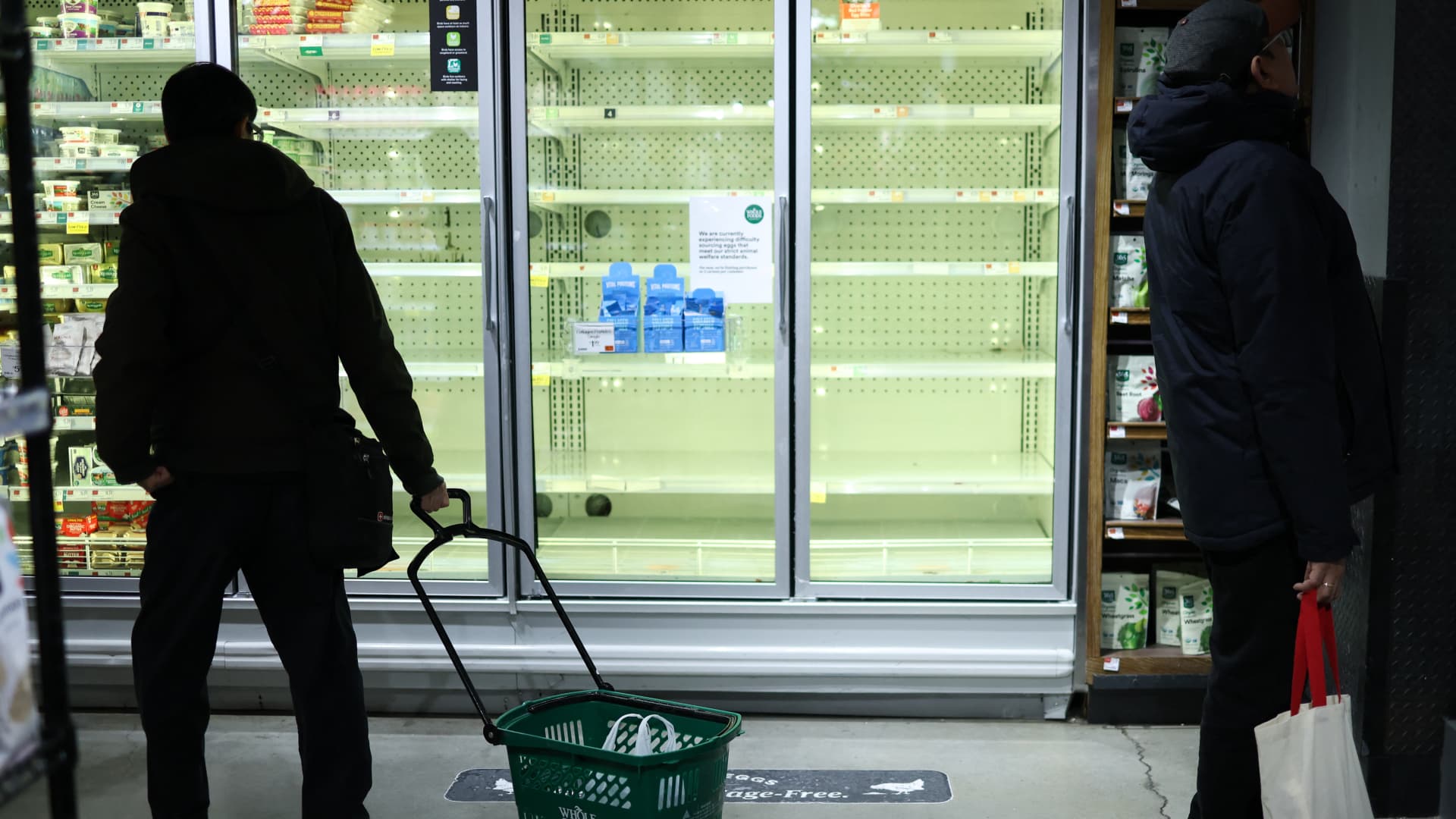Consumer confidence in the U.S. experienced a significant decline in February, reflecting growing concerns about a slowing economy and rising inflation, according to the Conference Board. The Consumer Confidence Index fell to 98.3, marking a 7-point decrease and falling short of the Dow Jones forecast of 102.3. This represents the lowest reading since June 2024 and the largest monthly drop since August 2021. Stephanie Guichard, the board’s senior economist for global indicators, noted that views of current labor market conditions weakened, with increased pessimism about future business conditions and income prospects. Concerns over future employment reached a ten-month high. The decline coincides with President Donald Trump’s threats of additional tariffs on U.S. trading partners, including Canada and Mexico, which economists fear could lead to another round of inflation. Jeffrey Roach, chief U.S. economist at LPL Financial, suggested that consumers may alter their behavior in anticipation of higher import prices. Following the report, stocks briefly declined, and Treasury yields dropped sharply, with the 10-year yield falling nearly 10 basis points to 4.29%. The Conference Board’s findings align with other surveys showing waning confidence, including a larger-than-expected decrease in the University of Michigan’s consumer sentiment index. The Expectations Index also fell to 72.9, signaling potential recession risks. Despite this, some improvement was noted in current conditions, though labor market perceptions worsened. — news from CNBC
